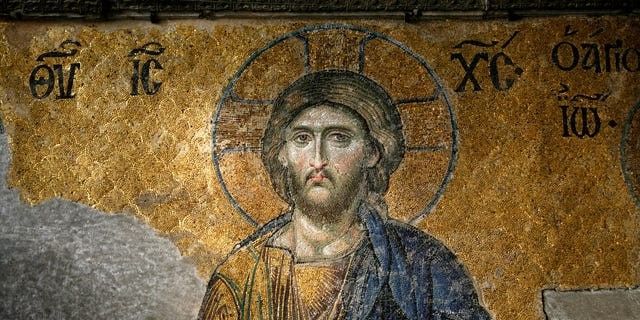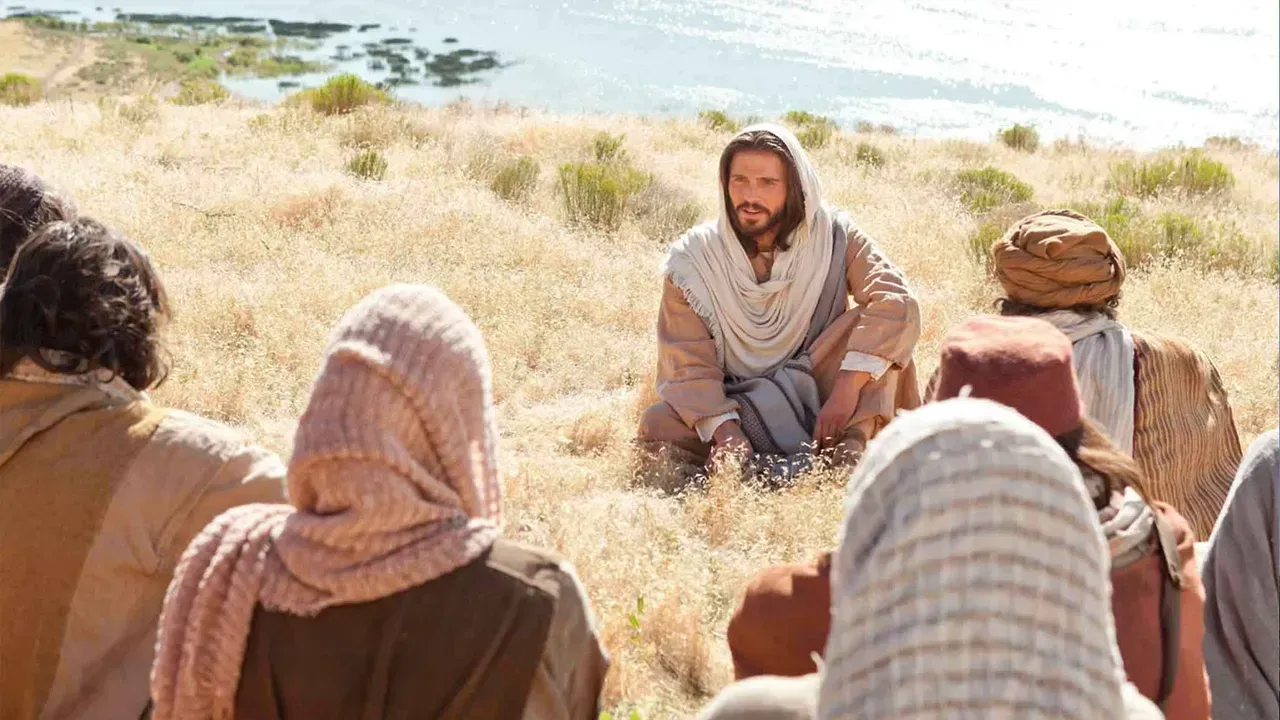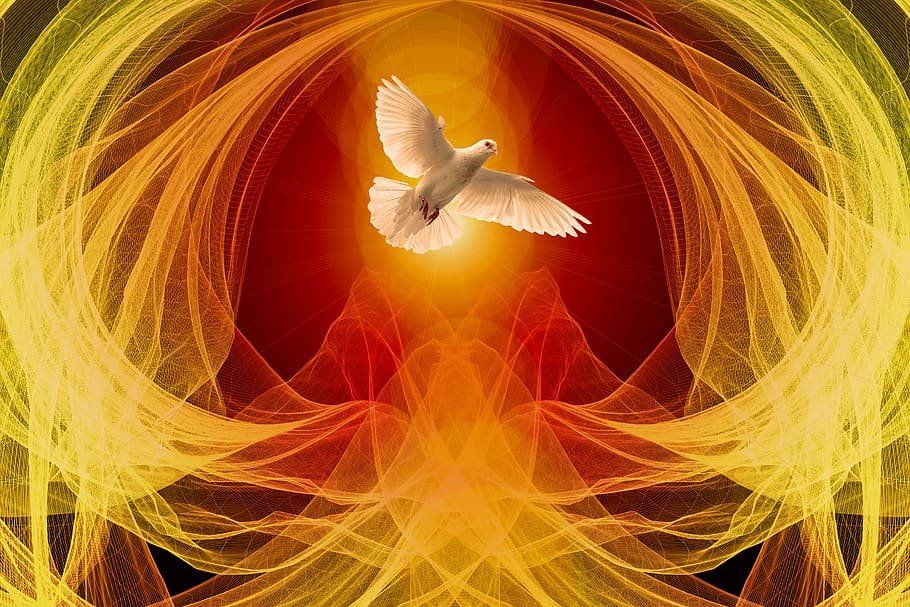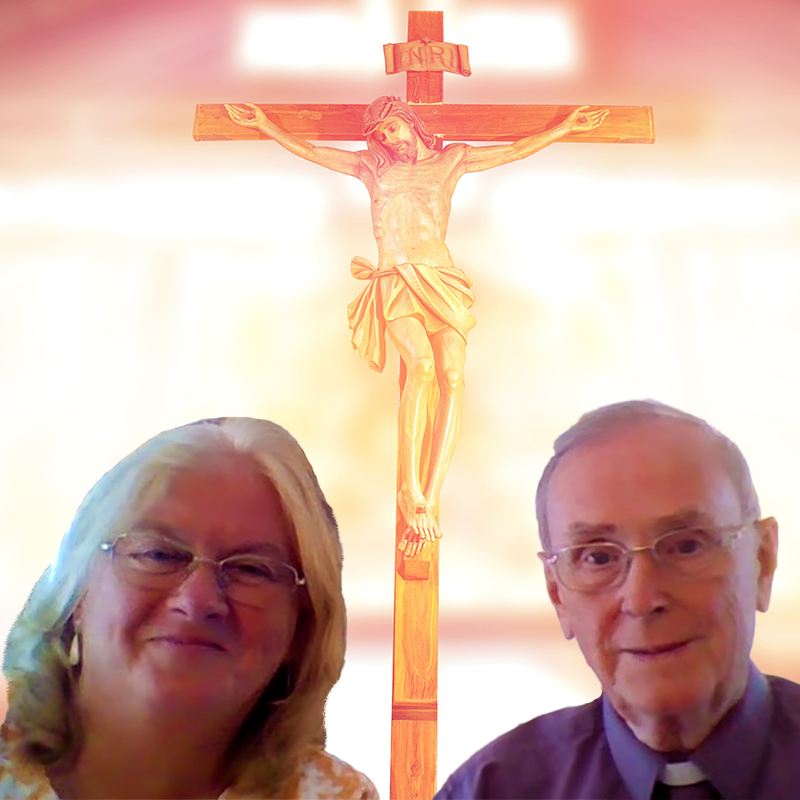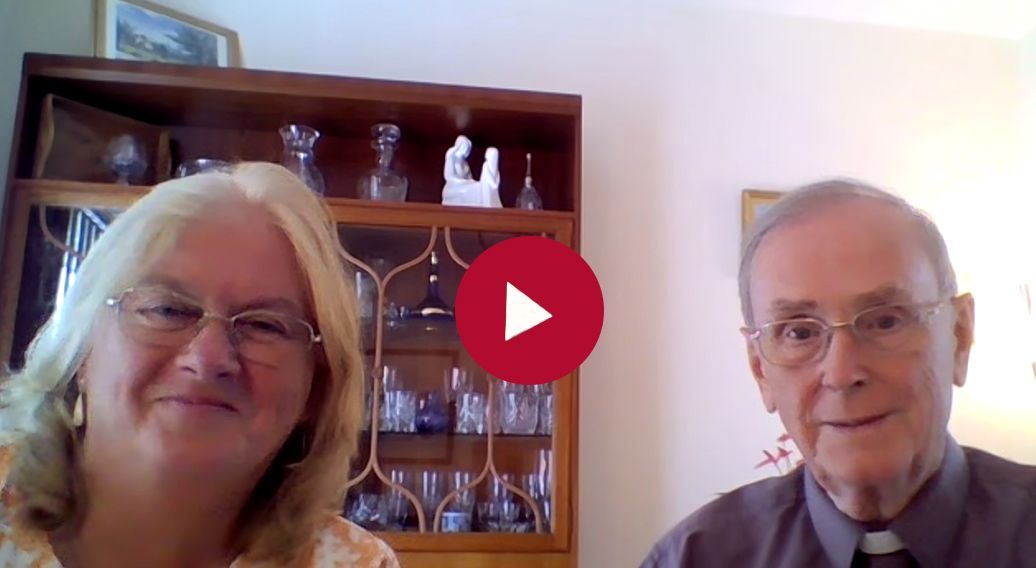By Fr. Brian Murphy
•
January 23, 2026
LOVE v WILL POWER For years I have heard spiritual guides saying that it is our wills that are crucial in the prayer of the heart. I have to admit that I have found it difficult to make sense of this, because it sounds like muscular Christianity which I have found inadequate. I imbibed a strong moralising religion as a child, which meant learning what was right and willing myself to do it – this was especially reinforced by the image of a fearsome God who was keeping the score. The result was a sense of failure combined with frequent resolutions to do better. I know that was not true religion, which is about relating to the God who is love. What I was practicing was a throwback to Old Testament keeping of the law. I think that is what Jesus was talking about when he described John the Baptist as the greatest man born of woman, but added ‘yet the least in the kingdom of heaven is greater than he is’ . He said: ‘Since John the Baptist came, up to this present time, the kingdom of heaven has been subjected to violence and the violent are taking it by storm’ . (Matthew 11, 11). Muscular Christianity with its stress on will power uses violence against self and even against others to take the kingdom of heaven by storm. So why do the greatest spiritual guides keep saying that the will is central? A clue lies in The Catechism of the Catholic Church’s chapter on prayer (paragraph 2563). The explanation begins with the heart: “The heart is the dwelling-place where I live. According to the Semitic (Jewish) or Biblical expression, the heart is the place ‘to which I withdraw.’ The heart is our hidden centre, beyond the grasp of our reason and of other people; only the Spirit of God can fathom the human heart and know it fully.” The Catechism’s explanation then shifts the focuses to the heart’s movement and actions beyond itself: “The heart is the place of decision , deeper than our psychic drives. It is the place of truth, where we choose life or death. It is the place of encounter, because as images of God we live through relationship: it is the place of covenant” (my underlining). I find the words ‘decision’ and ‘choose’ more helpful than ‘will’. As I spend time in silent prayer seeking the face of God, with the conscious attempt to love him and be loved by him, it is the constant renewing of the decision and choice which gradually solidifies an attitude of love in my heart. Much of the time, there is no feeling or understanding of this living relationship, but, as time goes on, I am aware that that relationship is an attitude developing in my heart. That awareness rises up from my heart to my mind more and more throughout the day and night. It is like a catch of a tune springing up in the mind. But the word ‘will’ or 'will power' certainly describes the strength needed when there is temptation. I find that it is easier to resist temptation when I am aware of the Father’s love and Jesus’ closeness. It is when these are obscured that my will must operate most strongly. Usually it is not a matter of willing to do something, but rather a tenacious clinging on in the dark to the hand of God. That takes grit, in which I am often lacking, but as the relationship grows I expect my will to grow stronger. WHAT IS THE USE OF TEMPTATION? We might ask: what does temptation have to do with contemplation? Temptation is never far away from one who contemplates. The Evil One knows only too well what power for good flows from the lovers of God. He hates contemplation and tries to disrupt it whenever he can. Thankfully, God shields his lovers much of the time, but at others he permits us to be tempted. It is not that he is abandoning us then, but he is turning the Devils weapons back on his own head. Each time we overcome temptation with the help of God's grace, not only is the Devil weakened, but also our own inner self grows stronger. It is in that struggle, that we are tested and purified like gold in a furnace. When undergoing temptation it is important to remember four basic Catholic teachings. God will never allow us to be tempted beyond our strength. But often we will not appreciate what strength we have with the aid of God's grace until after struggle is over. All temptations eventually pass. Temptation is not sin. Sin is where we willingly indulge a temptation and welcome it into our souls. Then it restricts our capacity to experience God's love. In that state of deprivation we allow evil to become stronger in ourselves and the whole world. Temptations arise from virtues that are wounded and twisted. Anger, for instance, is a God-given power of our soul to remove evil with extraordinary force. When anger is diseased, that force is used to harm and hurt. The saints and spiritual teachers mean something much deeper than 'will power' when they use the word 'will'. We shall consider that in Chapter 12 in this series 'Prayer of the heart'. QUESTION How are you finding my thoughts on the prayer of the heart/contemplation? I am sure I myself only see a small part of this deepest activity of our spirit. Would you care to add something of your own thoughts and experience? Use the 'comment on this article' button below.

